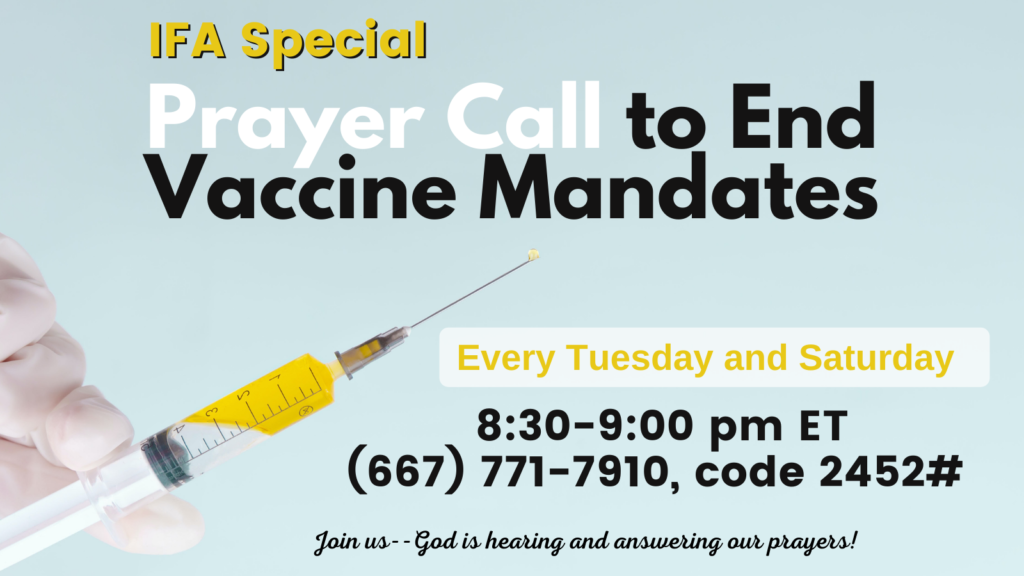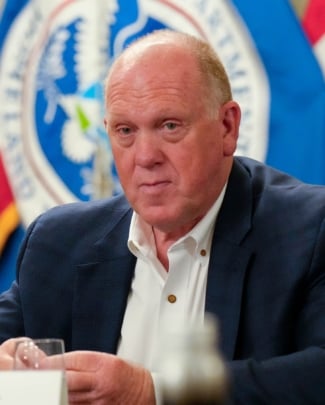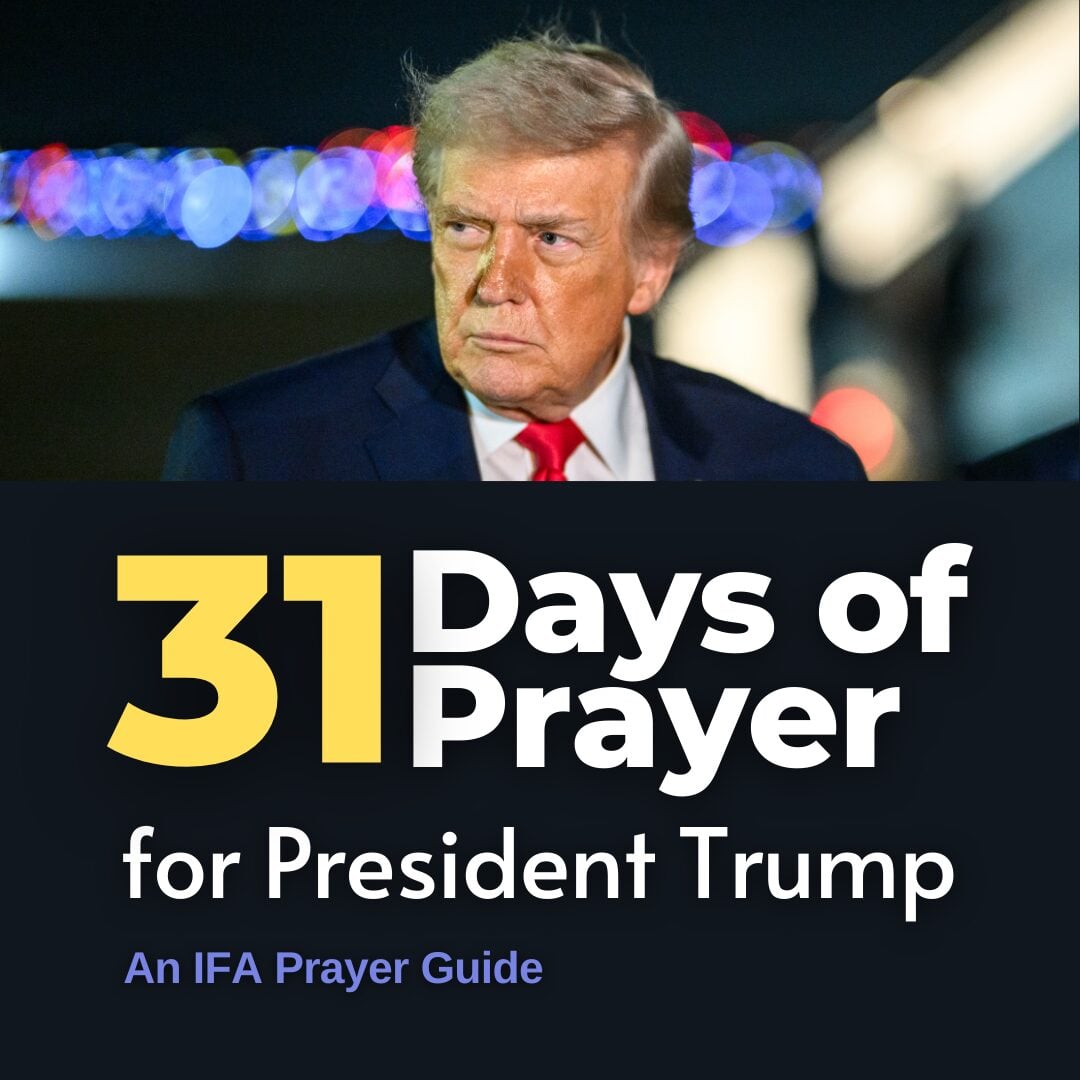Study: Vaccine May be 7 Times as Deadly as Covid for this Age Group
Homeschool Interrupted with an FBI Battering Ram
The Diabolical ‘Build Back Better’ Bill
Tornadoes Devastate Five States
The Difference Between Prayer and Intercession
Study: Vaccine May be 7 Times as Deadly as Covid for this Age Group
COVID vaccines may pose at least a seven times higher risk of death than the virus itself for people in their 20s, a Japanese medical bulletin warns.
A review in the most recent issue of Med Check, a bimonthly bulletin published by the Japan Institute of Pharmacovigilance (NOPJIP) as a member of the International Society of Drug Bulletins (ISDB), found that the death risk of the jabs may even be as high as 40 times greater for young people.
Med Check cited three reports of individuals between the ages of 20 and 29 who died within days or weeks of vaccination, estimating the death rate for that age group at 3.2 per 1 million. . . .
The bulletin noted that the number of deaths may be higher, in part because the Japanese government only requires reports of suspected vaccine injuries within 28 days of injection. The Japanese Ministry of Health, Labour and Welfare received a total of 1,308 reports of deaths after COVID vaccination by October 15.

Even with just three cases, the risk of a fatal reaction to the vaccine significantly outpaced the danger of the virus for young people, who have a 0.6-0.8 per 1 million chance of dying from the disease in Japan, according to Med Check. Just seven of 11.8 million Japanese people in their 20s died of COVID by June 2021, and 10 died by mid-August.
Risk of death from vaccination was more than seven times higher as of June, and nearly five times higher by August 11, compared to the risk presented by coronavirus, Med Check determined. Over several years, death risk for vaccination among those in their 20s could range as high as 40 times greater than for COVID-19. . . .
Between 0.00 and 0.03 percent of COVID cases in the United States under age 18 have resulted in deaths, and zero healthy children between the ages of 5 and 18 died of the virus during the first 15 months of the pandemic in Germany, a recent study found.
The survival rate for COVID-19 has been estimated at no lower than 99.7 percent for all age groups under 60 years old.
Med Check’s analysis echoes similar assessments by other experts, such as Dr. Jessica Rose, a viral immunologist who told an FDA panel in September that the jab’s dangers “outweigh any potential benefit,” citing a “highly anomalous” rise in vaccine injury reports due to the injections.
(Excerpt from LifeSite News. Photo Credit: Getty Images.)
Partner with Us
Intercessors for America is the trusted resource for millions of people across the United States committed to praying for our nation. If you have benefited from IFA's resources and community, please consider joining us as a monthly support partner. As a 501(c)3 organization, it's through your support that all this possible.


We use cookies to ensure that we give you the best experience on our website. If you continue to use this site we will assume that you are happy with it. Privacy Policy




Comments
What was the death rate of this age group before the Covid Vaccine was created? This info is vital to understand the effects of the Covid vaccine. The article assumes the people who were vaccinated and died, died from the effects of the vaccine. The data presented is misleading. The best comparison would be between the overall death rate of this age group pre Covid vaccine and post Covid vaccine. If the death rate increased significantly post Covid vaccine, then one can conclude the vaccine has a negative effect on mortality.
This article is another example of how data can be presented in such a way as to support a preconceived narrative. It is actually very easy to pick and choose data to support any conclusion you desire. I am not proposing the vaccine is safe. I am only saying this data presented in this article does not with any confidence prove the vaccine caused the deaths. Seems like much of the “news” written today starts with a preconceived narrative, and then finds the data to support the narrative. One cannot present the truth if bias is present. The bias directs the author to only look at info that supports their case. Very dangerous.